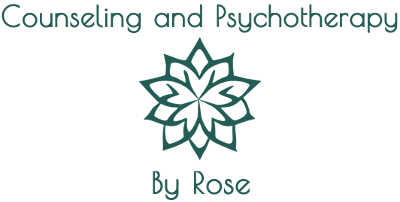Losing My Religion

There comes a time in many people’s lives when the religion of their birth no longer works for them. Whether it is a philosophical or ethical decision, an excommunication or family issue – leaving a religion can be one of the most traumatic experiences of life.
This is especially true of religions that are fairly closed and insular, such as the Jehovah’s Witnesses or the LDS church. Studies have shown that leaving these “high-cost” or “new religious movement” religions frequently coincides with poorer health (Scheitle & Adamczyk, 2010), familial breakups, loss of trust in social institutions, and a short-term drop in faith (Buxant & Saraglou, 2008). A member who leaves the fold may be faced with pressure from family and friends who remain active. Their spouse may divorce them. They may suddenly find themselves without the tight support network, religious position, sense of identity, and underlying faith that may have defined them in the past.
If you are going through this now, you already know the bad news. Here is the good news: Despite these traumatic experiences, research does show that ex-members tend to re-adapt to life, and that many of the destructive effects of leaving a religion are only short-term (Buxant & Saraglou, 2008).
So – what can you do to get through this transition period before you feel comfortable in a spiritual belief system that is authentically yours?
Here are some ideas:
- Make and contact some friends outside of your religion who may serve as a stable base for you during this time
- Confide in someone how you are feeling and thinking. If you are worried that your friend or family member will retaliate, try speaking with a therapist who is not an active member of the religion you are leaving
- Keep a journal to get your thoughts and feelings out of your head and onto paper
- Do some soul-searching to discover what your deeper values are (see my article on Valor), and realize that those are coming with you
- Find a support group or listserve for people who have left the same religion or another like it
- Get physical. Sometimes, getting more exercise, feeling the sun on your skin, getting a massage, or doing mindfulness meditation can help get out of your head and back in touch with your body
- Expect a “change back” reaction from your friends and family. They are used to your being a part of their group, and it is natural for them to consciously or unconsciously amp up manipulations that have been successful in the past in order to bring you back into the fold. If you expect this, they will be easier to spot and address
- Draw and maintain boundaries with your loved ones – you are entitled to pursue your own meaning and spirituality. You are also entitled to the same amount of respect for your choices as you give your loved ones for theirs. You will feel very illegitimate and vulnerable at first, but holding your boundaries will become much more natural and intuitive with time
- Tolerate ambiguity. Realize that you do not need to come up with an alternative philosophy/faith that addresses all of the problems you had with your old one. You do not need to know all of the right answers to know that some are wrong. The point is to move in the right direction
Rose Rigole is a psychotherapist in private practice in Costa Mesa and Los Angeles, California and is currently accepting new clients. She can be reached by telephone at (424) 571-2273, by email at rose@counselingsocal.com, or via her website at https://counselingsocal.com.

